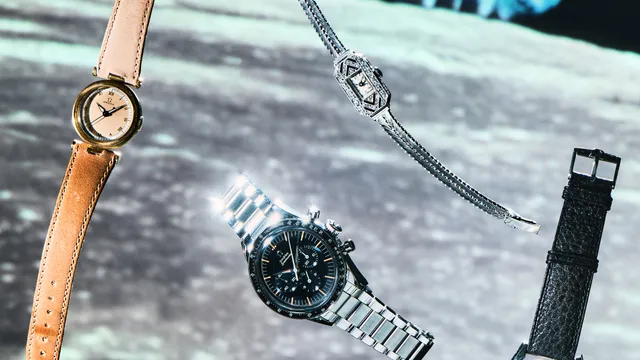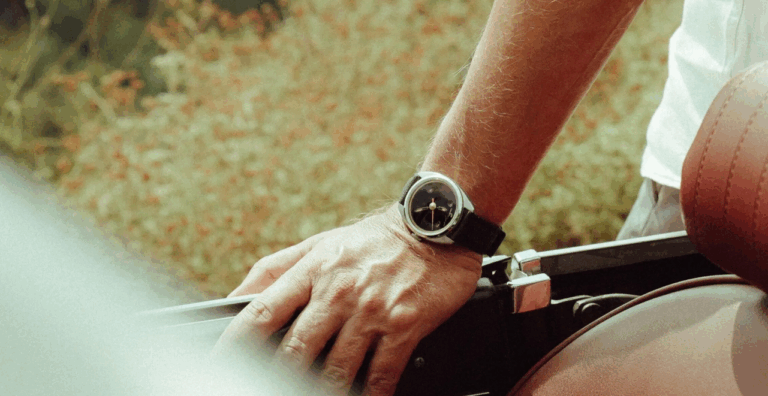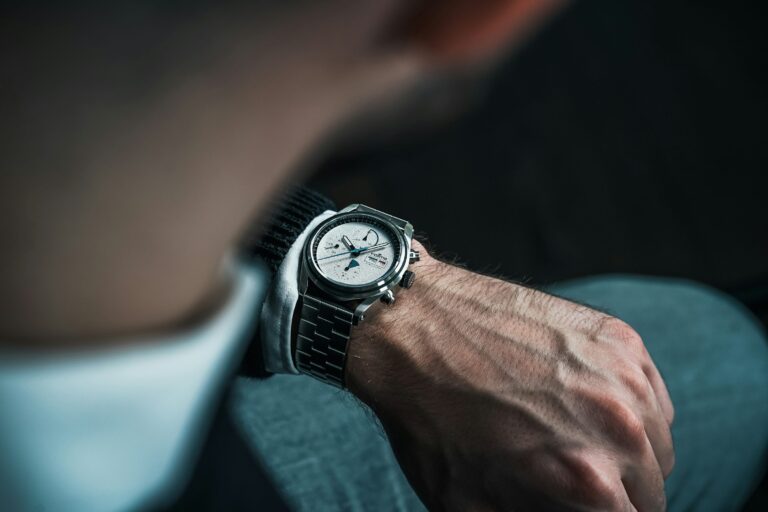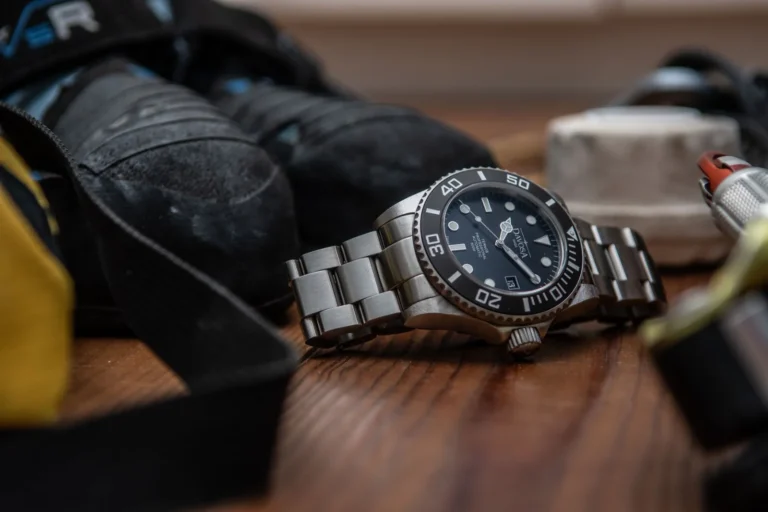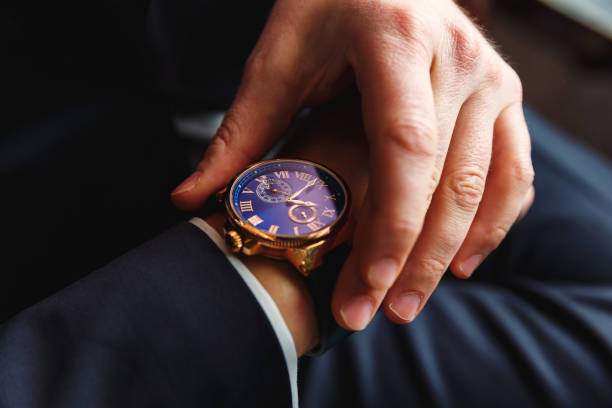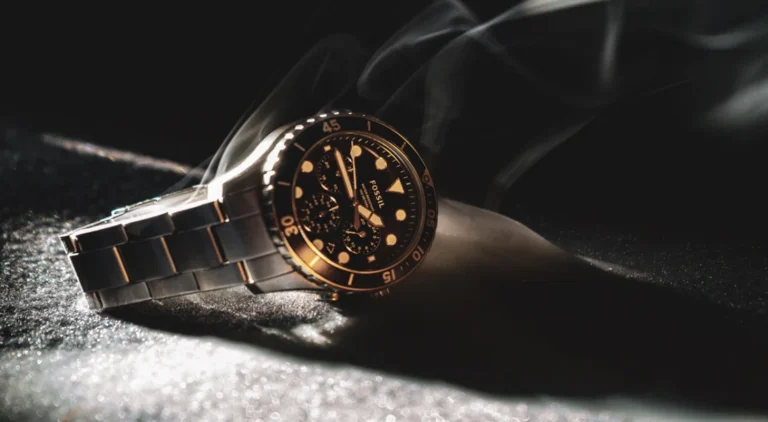Classic Style: Why Timepieces Will Always Be Important
You may be wondering why watches are still so important in our lives in a time when smartphones can tell us the time with ease. However, watches continue to be more than just useful instruments; they are representations of fashion, culture, and individuality. People of all ages are still fascinated by the art of wearing watches, whether they are sleek smartwatches or vintage mechanical timepieces.
The History of the Watch
Watches have a rich history that spans centuries. The earliest portable timekeepers appeared in the 16th century, evolving from ornate clock designs into smaller, wearable pieces. Pocket watches dominated until the late 19th and early 20th centuries, when wristwatches became popular initially among soldiers who needed practical access to time during battle. Over the years, watches transformed from tools of necessity into objects of craftsmanship, luxury, and personal expression.
A Statement of Style
Unlike pulling out a phone to check the time, wearing a watch is a deliberate statement. It says something about who you are and what you value. A minimalist leather-strap watch reflects simplicity and elegance. A rugged diver’s watch speaks of adventure and durability. A luxury Swiss brand whispers sophistication and tradition. Watches are as much a fashion accessory as they are timekeeping devices, seamlessly blending function and style.
Craftsmanship and Heritage
One of the most captivating aspects of traditional watches is the craftsmanship behind them. Mechanical watches, in particular, are marvels of engineering. With intricate gears, springs, and precision movements, they represent centuries of horological innovation. Luxury watchmakers like Rolex, Patek Philippe, and Audemars Piguet are celebrated not just for their names but for the artistry and dedication poured into every piece. Wearing one of these is like wearing a piece of history on your wrist.
The Rise of the Smartwatch
In contrast, modern smartwatches have carved their own niche in today’s world. More than just timekeepers, they track fitness, monitor health, display notifications, and even enable contactless payments. For many, a smartwatch is a daily essential merging technology with convenience. Yet, even as digital watches rise in popularity, mechanical and classic timepieces continue to hold strong, proving that tradition and innovation can coexist.
The Emotional Connection
A watch is often more than an accessory; it can be deeply personal. Watches are frequently gifted to mark milestones graduations, anniversaries, or retirements. They carry memories, becoming heirlooms passed down through generations. Each scratch on the case or wear on the strap tells a story, reminding the wearer of the moments lived while wearing it.
Why Watches Still Matter
So why, in a world of digital devices, do watches still matter? Because they offer something a smartphone never can: permanence. Phones get replaced every few years, but a well-crafted watch can last a lifetime, if not longer. A watch is a symbol of stability, artistry, and personality. It’s not just about telling the time it’s about telling your story.
Choosing the Right Watch
When selecting a watch, it’s worth considering:
- Purpose – Daily wear, sport, luxury, or fashion.
- Style – Minimalist, bold, vintage, or modern.
- Movement – Quartz for precision and affordability, mechanical for tradition and craftsmanship.
- Connection – Choose a watch that feels personal, one that resonates with your lifestyle and values.
Timeless, in Every Sense
Watches are living proof that some traditions never fade. They are companions, storytellers, and symbols of who we are. Whether you wear a family heirloom, a modern smartwatch, or a stylish accessory, the watch on your wrist says more than just the time it says something about you.
In the end, a watch is not merely about keeping track of hours and minutes. It’s about cherishing moments, celebrating milestones, and carrying a piece of timeless elegance wherever you go.

